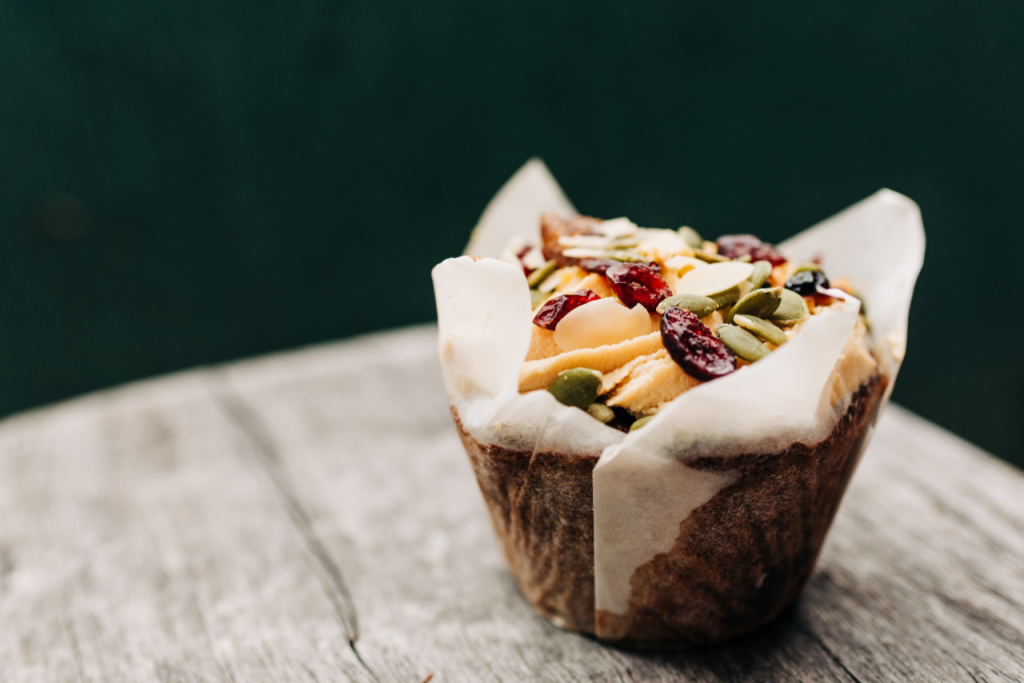
When ordering milk tea or fruit juice, how much sugar do you choose?
People who love sweets usually have more “heavy taste”, and even always feel that it is not sweet enough; for people who don’t eat it often, the same sweetness may have been frustrated.
The latest research found that the more sweets you eat, the weaker the ability of taste cells to distinguish sweets, which makes you more and more “addicted” to sweets.

High-sugar diet may change taste
A study published by the University of Michigan in “Science Advances” showed that a high-sugar diet can reprogram taste cells in fruit flies, weaken their sensitivity to sugar, and leave a “molecular memory” on the tongue.
Even after returning to a normal diet, he still tends to choose more sugary flavors.
Although previous studies have shown that foods with more sugar will change human perception of taste, it is difficult to determine the molecular mechanism behind this phenomenon due to the complexity of mammalian tastes.

In this study, the researchers screened the gene regulation and epigenetic factors necessary for high-sugar diet to cause taste changes, and found that an epigenetic regulator called Polycomb Repressive Complex 2 (PRC2) was involved in the fruit Remodeling of flies’ taste cells. The substance is a chromatin-silencing complex found in plants and humans.
This study shows that dietary composition activates epigenetic mechanisms to reprogram sensory responses to food. This change determines the perception of future stimuli, leading to long-term changes in behavior. In other words, the more sweet you eat, the less sensitive you are to sweetness, and you tend to choose a higher-sugar diet.
Researchers mentioned that related chromatin abnormalities have also been found in humans whose diet leads to obesity. If this mechanism is also applied to mammals, it may become sweeter and fatter.
Long-term sweetness brings 8 harms
Unable to withstand the temptation of sweets will not only make the body look out of shape, fatigue, aging, cardiovascular disease… various health problems may follow.

1.Easy to get acne
After sugar enters the body, it will change the surface lipid composition and promote the production of sebum. The strong secretion of sebaceous glands will cause the anaerobic acne bacteria in the sebaceous glands to overproduce, excrete too much fatty acid, and develop acne.
2.Accelerate skin aging
The sugar in the blood will attach to the protein, destroying collagen, elastin and other protein fibers, causing the skin to appear wrinkles and sagging.
3.Increase food intake
The function of leptin in the human body is to tell the brain: “I’m full, don’t eat it anymore.” And fructose is the “enemy” of leptin.
Studies have found that eating too much sugar for a long time will disrupt the body’s signal to the brain, making you feel hungry even if you are full.

4.Induced headache
When eating too much sugar, in order to respond quickly, the blood sugar level will suddenly reach a peak and then fall into a trough. The change may cause headaches.
5.Feels down
Sugar can make you feel better for a while, but the benefits of sugar can only last for 30 minutes, and then disappear. In addition, sugar can also stimulate the production of serotonin of the sleep “regulator”, causing drowsiness.
6.Make the liver fat
Fructose will speed up the storage of fat in liver cells. A long-term high-sugar diet will cause fat to accumulate around the liver like small balls, which is easy to form “non-alcoholic fatty liver.”
7.Increase blood vessel pressure
In addition to disturbing cholesterol, sugar can also cause blood vessels to constrict and increase blood vessel pressure. Because the coronary blood vessels are extremely thin, constriction and stenosis may bring serious consequences, such as heart disease.
- Cause diabetes
A study found that as long as a person consumes 150 calories converted from sugar every day, the risk of diabetes is 1.1% higher.
5 ways to help you “reduce sugar”
Sugar reduction is not about not eating sugar at all, but taking care of your mouth within a healthy range, and being a smart person who “can eat sugar”.

Experts suggest that the daily intake of added sugar should not exceed 50 grams, preferably less than 25 grams. These 5 methods can control sugar intake:
Look at food labels
The national standard GB28050-2011 General Rules for Nutrition Labeling of Prepackaged Foods stipulates that every 100g or 100ml of food containing less than 5g of added sugar can be labeled as “low-sugar food”; less than 0.5g can be labeled as “sugar free” or “no sugar”.
The lower the sugar ranking in the ingredient list, the lower the sugar content
Carbohydrate content is not equal to the amount of added sugar
Except that the carbohydrates in tea beverages are approximately equal to the added sugars, beverages, ice creams, biscuits, pastries and other high-sugar foods cannot directly equate the carbohydrate content with the added sugars, otherwise the added sugars will be overestimated.
Don’t eat sugar and oil together
If the energy eaten is greater than the energy expended, people will get fat easily. Both sugar and oil are very high-energy foods, and eating together can easily lead to more intake than digestion.
When eating, you must pay attention to whether there is sugar and oil in the food. If so, try to eat less.
Drink beverages and milk, don’t add sugar
Experiments have shown that a cup of 500 ml milk tea contains 50 grams of sugar, which has reached the upper limit of the human body’s daily intake of sugar. If you really want to drink it, you can add some fresh milk to drinks such as coffee or black tea.

Don’t choose too ripe fruit
Fruits with higher ripeness also contain more sugars, while fruits with lower ripeness not only contain less sugar, they are also richer in healthy nutrients.
Volunteer for “Sugar Reduction training”
Consciously start with a reduced-sugar meal or reduced-sugar food once a week, and increase it to one less sugary food every day. After a few months, the taste will fade.
Using fruits, low-fat milk and yogurt instead of sweets, or using honey and fruit juice instead of sugar can reduce sugar intake.
Comments